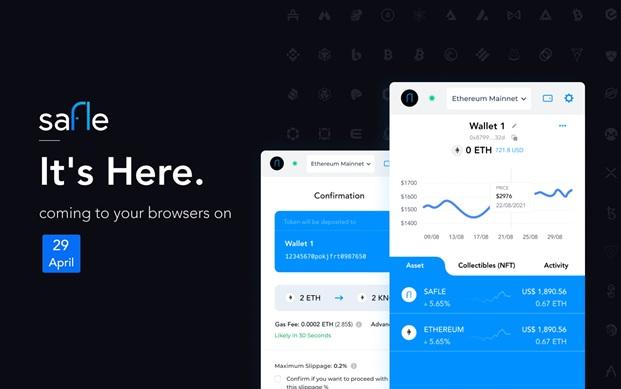The sports betting industry is thriving, with millions of people placing bets on their favorite sports teams and events every day. If you’re looking to break into this market or improve your existing platform, partnering with a sports betting software development company is a crucial step. Building a secure, scalable, and feature-rich betting platform is key to success in this competitive landscape. In this blog, we’ll walk through the essentials of creating a robust sports betting software solution and explore the critical features that will help you stay ahead of the competition.
Why a Strong Software Platform is Essential for Sports Betting
At the heart of any successful sports betting operation is the software that powers it. A well-developed sports betting platform allows users to place bets in real-time, check odds, and track their wagers, all while keeping their data secure. Whether you're starting from scratch or upgrading your current system, having reliable sports betting software is essential for maintaining a smooth and trustworthy user experience.
Key Features for Sports Betting Software Development
To create a successful sports betting platform, the following key features should be prioritized during the development process:
-
Real-Time Betting and Odds: Your platform must offer real-time odds and live betting options. This not only enhances the user experience but also provides users with the data they need to make informed decisions. Providing live streaming of events can further boost engagement.
-
Security Protocols: Security is non-negotiable in the sports betting industry. Your platform must include top-tier encryption protocols, multi-factor authentication, and fraud detection systems to protect both user data and financial transactions.
-
Customizable User Interfaces: A customizable, intuitive interface ensures that users have a smooth and enjoyable experience. Personalization features like betting preferences and favorite sports can make your platform more engaging.
-
Multilingual and Multi-Currency Support: With users from different countries placing bets, offering multilingual support and the ability to bet in various currencies is important for broadening your platform’s reach.
-
Advanced Analytics and Reporting Tools: For operators, having access to advanced reporting and analytics tools can provide valuable insights into user behavior, helping you optimize your platform for better engagement.
Sportsbook software providers can be invaluable partners in this development process. They bring a wealth of experience and expertise, ensuring your platform is not only functional but also optimized for user engagement.
Building a Scalable Platform
Scalability is a critical factor in sports betting software development. As your platform grows, especially during peak times like championship games or major sporting events, your software needs to handle increased traffic without crashing. This requires careful planning and robust infrastructure. Cloud-based solutions are often used to ensure scalability, allowing the platform to expand and contract based on demand.
Additionally, investing in a strong backend architecture is crucial for managing user data, processing bets, and maintaining real-time functionality. A scalable platform ensures that you can continue to offer a smooth experience, even as your user base grows.
Future-Proofing Your Platform
To stay competitive, it’s important to future-proof your platform by adopting new technologies. AI and machine learning, for example, can be used to provide personalized betting recommendations to users, while blockchain technology can offer secure, transparent betting transactions.
Looking ahead, advancements in augmented reality (AR) and virtual reality (VR) may also play a role in sports betting software development. These technologies could offer users more immersive ways to engage with their favorite sports, such as virtual betting environments or live game simulations.
Conclusion
In conclusion, sports betting software development is about more than just creating a platform—it’s about building a secure, scalable, and engaging experience for users. By focusing on key features like real-time betting, security, and scalability, and partnering with experienced sportsbook software providers, you can develop a platform that stands out in the competitive sports betting market. With the right approach, your platform will not only meet the needs of today’s bettors but also evolve to meet the demands of the future.




